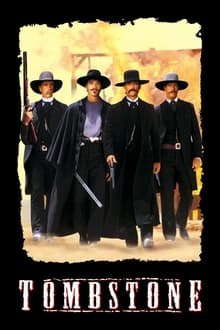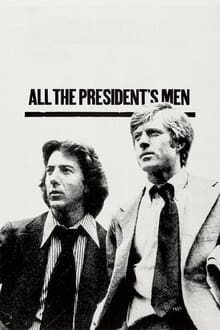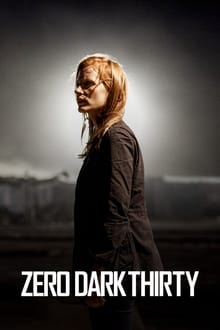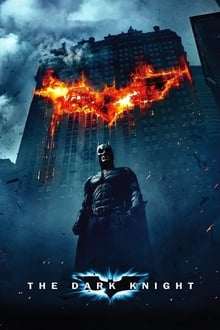Kingdom 4: Return of the Great General (2024)

Overview
While Qin continues to fight for the unification of the region, its neighboring country invades Qin from the north....
Starring Cast
Where to watch
Rating categories
Overview
While Qin continues to fight for the unification of the region, its neighboring country invades Qin from the north....
Starring Cast
Where to watch
Detailed Analysis
Primary
The film's central narrative champions the unification of a nation through decisive military action and the leadership of powerful generals, emphasizing themes of loyalty, duty, and the necessity of force for achieving order, which aligns with right-leaning values.
The film features an entirely East Asian cast, consistent with its ancient Chinese setting, which naturally provides diversity from a global perspective without engaging in explicit race or gender swaps of traditionally white roles. Its narrative focuses on historical events and characters, presenting them without explicit critique of traditional identities or central DEI themes.
Secondary
The film prominently features female characters Kyou Kai and Yotanwa, both highly skilled warriors. They are repeatedly shown engaging in and winning close-quarters physical combat against multiple male opponents using melee weapons and martial arts.
The film 'Kingdom 4: Return of the Great General' does not appear to feature any identifiable LGBTQ+ characters or themes. Based on available information, its narrative is centered on historical military and political conflicts in ancient China, with no explicit LGBTQ+ representation noted.
The provided information indicates that the film maintains traditional gender roles consistent with its source material and historical setting, with no reported instances of gender-swapped characters.
The film is a Japanese adaptation of a manga set in a fictionalized Chinese historical period. The characters, originally East Asian in context, are portrayed by Japanese actors, maintaining the broader East Asian racial category. This does not constitute a race swap per the defined criteria.
Rating Breakdown
Overall Rating
Combines user and critic ratings from four sources
User Ratings


Critic Ratings


More Like This



















